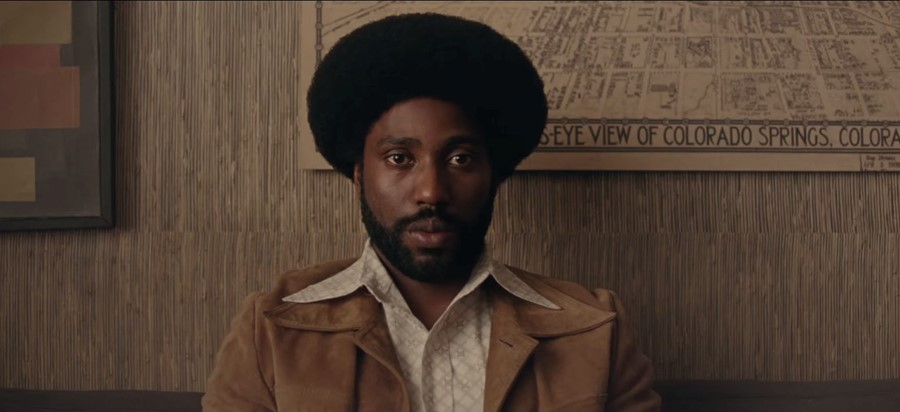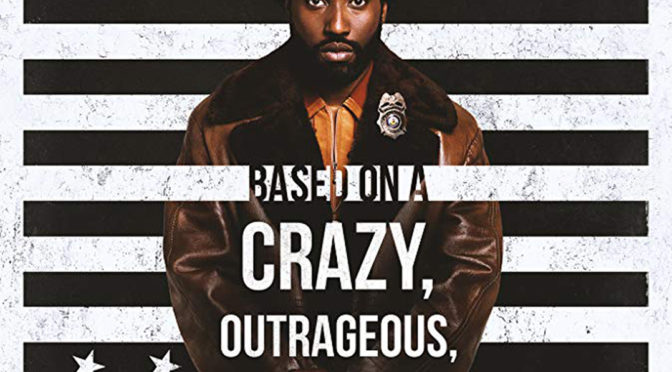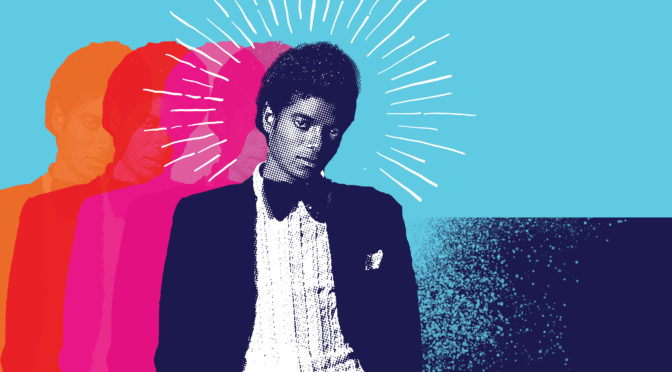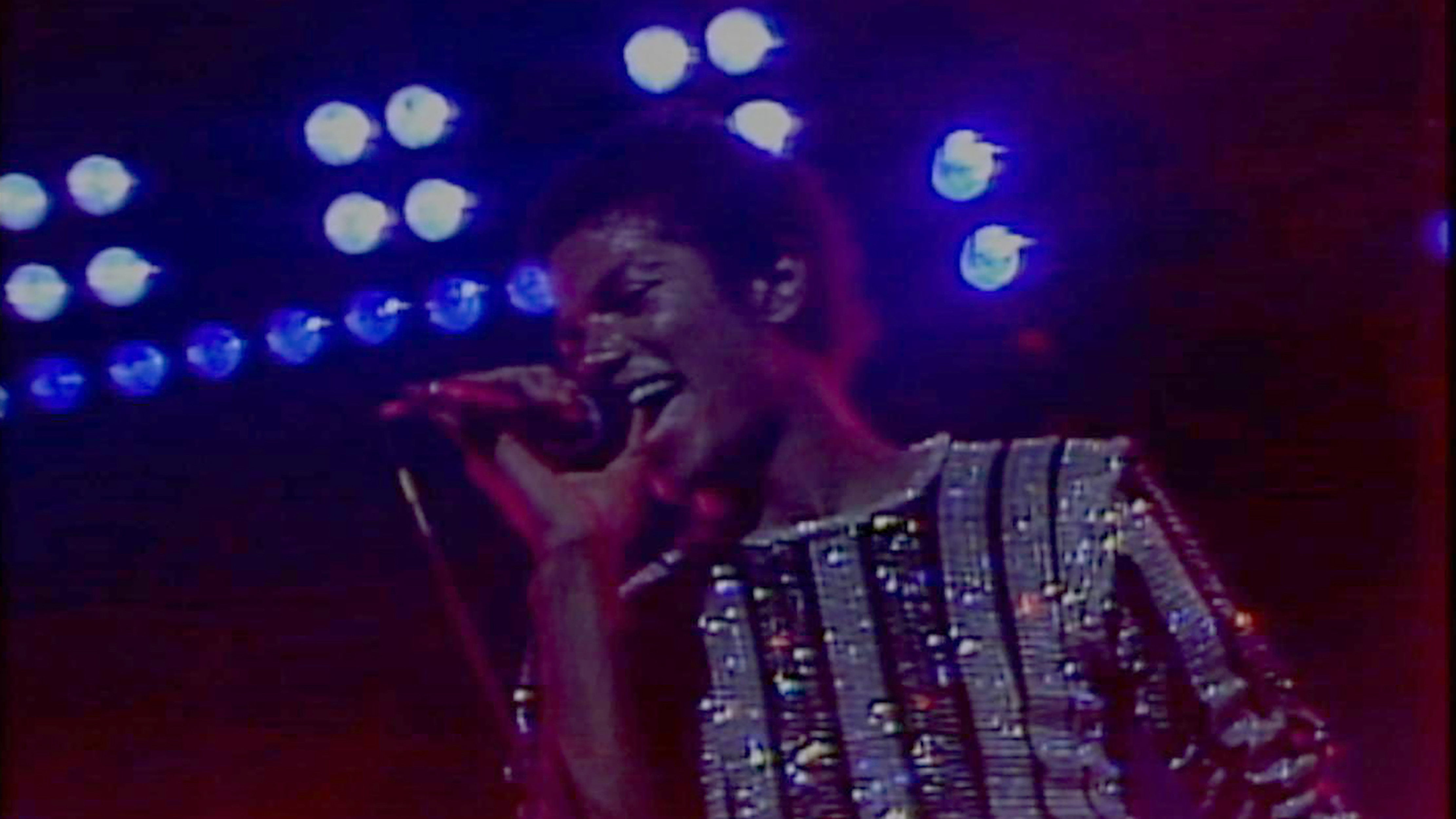Who better to go undercover in the KKK then a black cop? As ridiculous as it seems (resist the urge to reference the famous Dave Chapelle sketch), BlacKkKlansman is based on the true story of the first black cop in Colorado Springs and his infiltration of the local KKK chapter. Ron Stallworth (John David Washington; Ballers) plays a rookie cop who responds to an ad for the KKK in the newspaper, posing as a racist white man, but mistakenly gives out his real name. He continues his conversations on the phone and uses a white peer (Adam Driver; Paterson) to attend meetings in person to investigate their potentially violent plans. As director Spike Lee (Chi-Raq) notes in the opening titles “dis joint based upon some fo’ real, fo’ real shi*t”.
In his first leading role, Washington’s performance leaves room for improvement. He is at his best when on the phone with klansmen and directing the investigation. In these moments, he takes an active role in the film and shows his character’s personal passion for this particular job. However, throughout most of the runtime, his performance is strangely distanced. In many scenes that should call for a strong emotions, he has a blank, almost confused look on his face. His wide-eyed expression may be meant to convey his lack of experience as a police officer, but the unintended effect is that is reduces his agency within the story. It’s a shame that a character who takes such a daring leap is attached to a performance that doesn’t do his courage justice.

The 70s setting provides plenty of material for Lee to pump up the film’s style. The cast, particularly the black leads, are shown in bold outfits with bright colors, bell bottoms, paisley shirts, and with plenty of facial hair to go around. He also taps into the Black Power movement of the time and contrasts it with the KKK’s white supremacy. While the klansmen shout derogatory screed and exclusive benedictions like “God bless White America”, the Black Power leaders decry “All power to all the people”. In one of the film’s most powerful moments Lee juxtaposes the Klan’s initiation ritual and celebration with a Black Power meeting where a character recounts a case of sickening injustice and cruelty. The film’s greatest triumph is how it contextualizes the Black Power movement (and other equality initiatives), often miscast as radical or extremist, as striving for standard, humane treatment of all individuals in the face of the Klan’s ignorance, prejudice, and fearmongering.
Spike Lee’s films are inextricable from his personal politics and with BlacKkKlansman it feels like he has finally found the story where his message and movie are complimentary. His talents as a director are indisputable but too often his political voice has been problematic, inconsistent, or unsuited to the story at hand. This was apparent in Chi-Raq where he sincerely believed his ideas about gang violence and guns were going to cause social change, but muddled his message with lowbrow humor and precarious implications about gender roles. With his new film, Lee’s favorite topic of race relations in America is his, and his characters’, center focus. The script weaves in enough language mimicking contemporary politics that the film’s story feels relevant. This is sometimes done to comedic effect with the striking similarities between the KKK’s hateful rhetoric and modern day campaign slogans but Lee, never one for subtlety, doesn’t hold back any punches. When it seems like he will resign himself to parallels and allegory, Lee comes out in force and makes his points explicit. As always, Lee isn’t just releasing a movie, he’s making a statement – and a loud one at that. His style and commentary on the present environment fill the story with enough panache and thematic contrasts to create one of his most effective films ever.

4/5 stars.



